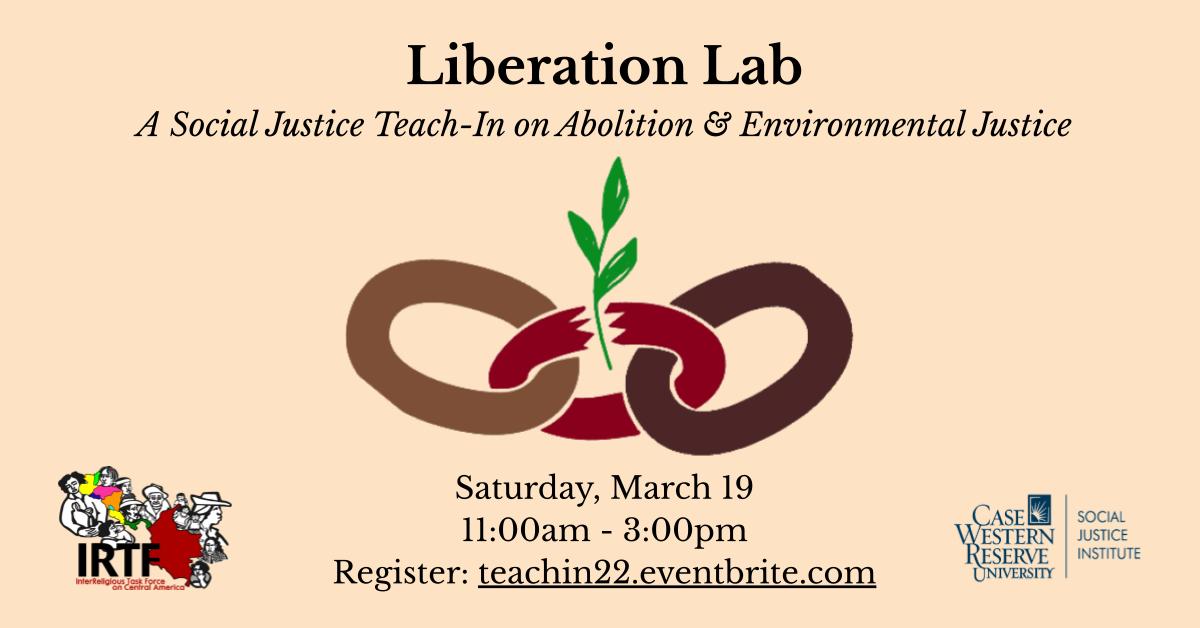Although the Supreme Court of Justice annulled the trial against the Guapinol defenders, the Trujillo Court denied the definitive dismissal of the eight environmentalists who were illegally imprisoned for 914 days, now saying that the release was only provisionally granted. This decision by the Tocoa Court has provoked widespread concern that there is an attempt to reopen or manipulate the case. "We already know that they have been manipulating the process, that our comrades have spent 914 days deprived of liberty and that the company wants to continue to screw them," said Juana Zúniga, a partner of one of the eight defenders.
Translated with www.DeepL.com/Translator (free version)



